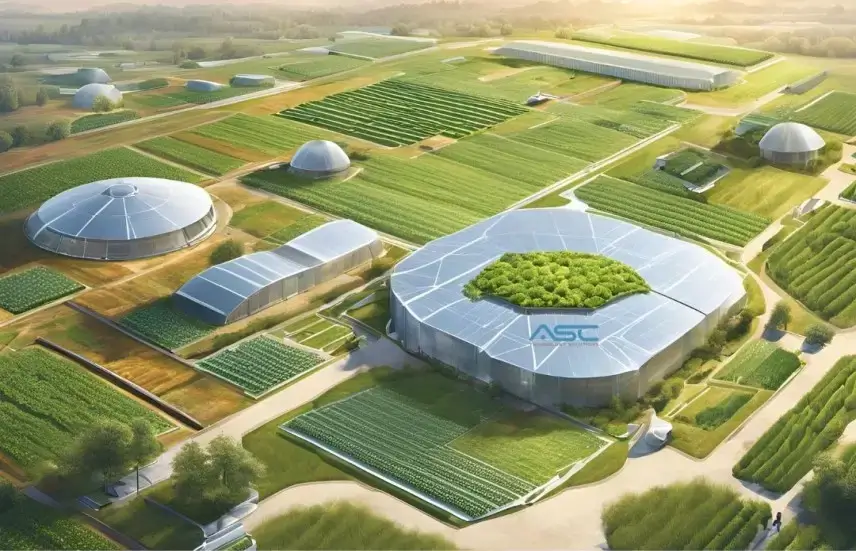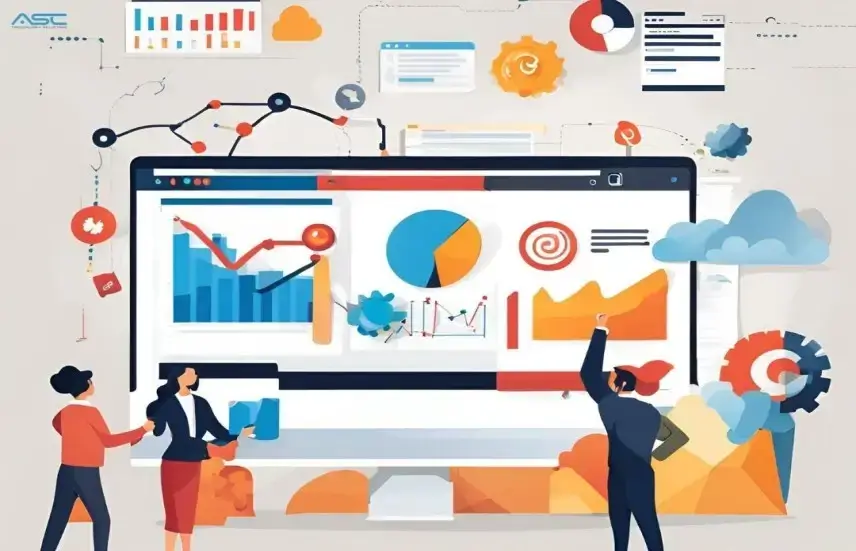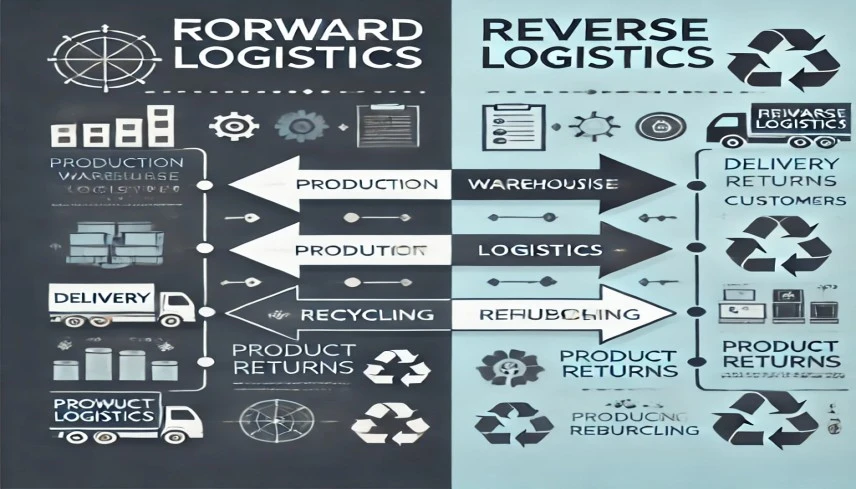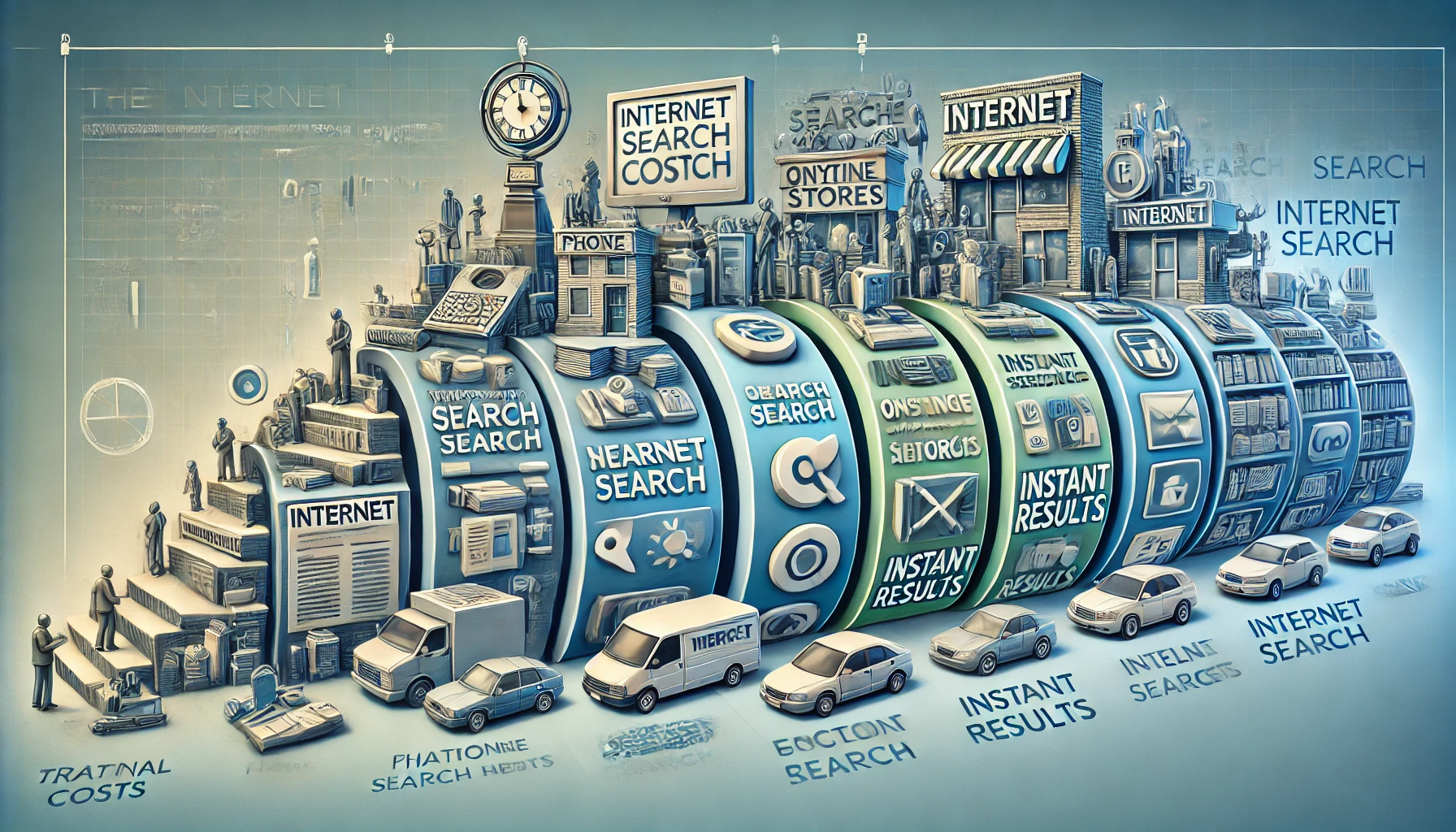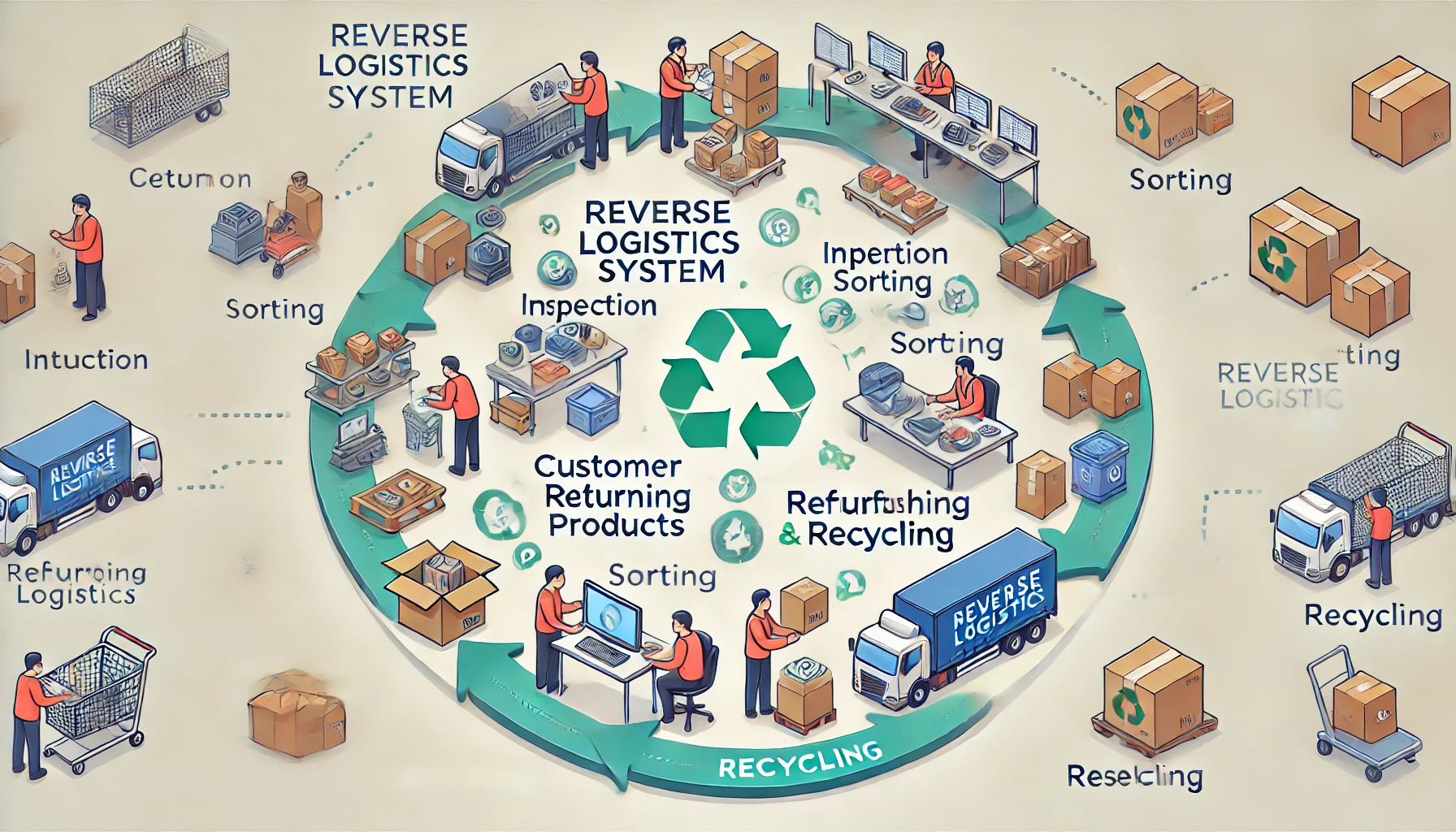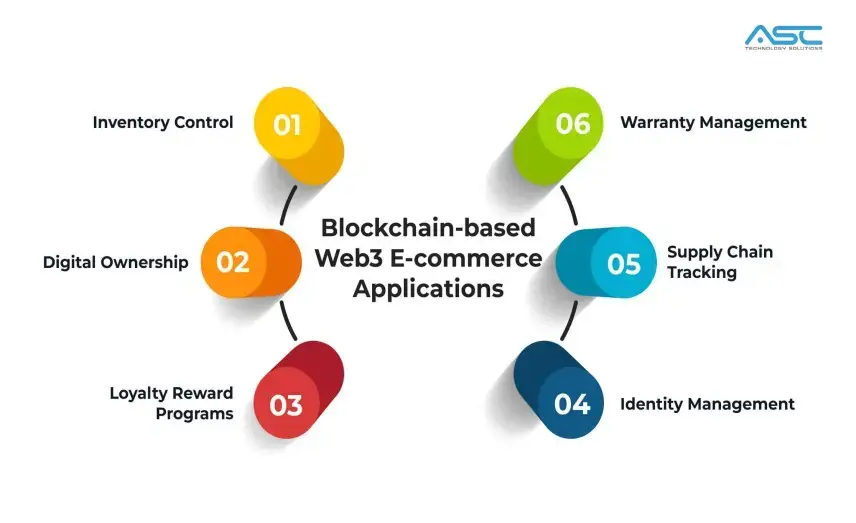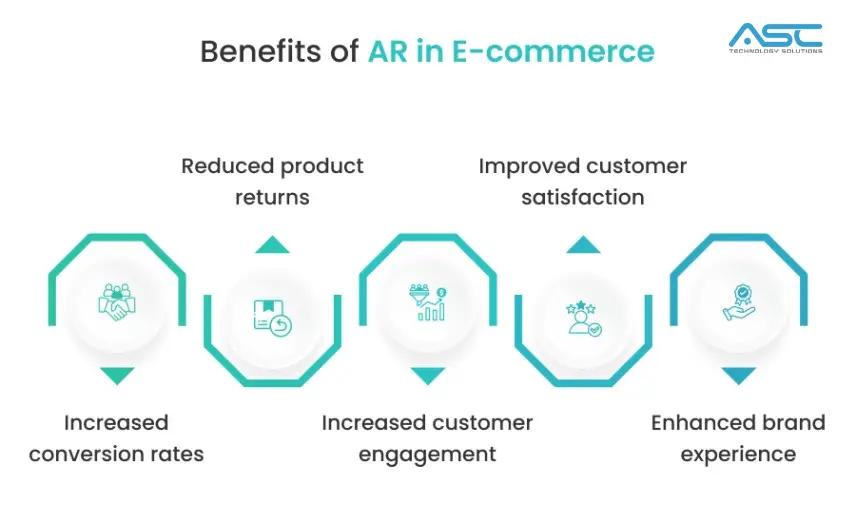The agricultural industry is revolutionalising at an unprecedented level due to the advancement of technology. With modifiers ranging from small-scale farmers to large agricultural companies, the use of Agritech development is deemed crucial in response to the obstacles of conventional farming. Modern-day farmers have various challenges such as climate change, asset deficiency and increasing demand for food in the world. Smart agriculture solutions with the use of the latest technologies are coming to the rescue to transform agricultural practices and turn them into effective, environmentally friendly and profitable businesses.
In this blog, we will see how Agritech development is impending in demanding, innovative modification in the coming era. We will also focus on the important trends in Agri-technology that are revolutionising the industry like precision farming, autonomous equipment, and several other aspects that explain how farmers are using digital agricultural technology to address modern issues.
The Role of Agritech Development in Agriculture
Agritech advancement on the other hand means the use of technology in the practice of farming for increased yield and to also reduce the methods that negatively affect the environment. This includes things like connected devices, or IoT, artificial intelligence and machine learning, using blockchain for supply chain, and even robotics. Some of these tools are assisting the farmers track crops, measuring irrigation, predicting yields, and reducing losses.
Today when the population of the world is rapidly growing and is predicted to be much higher by the 2050s we desperately require modern agriculture solutions. Agritech ensures that farmers solve significant issues such as feeding the ever-increasing population preserving the environment and making a profit in the process. However, it goes beyond just the reorganisation and automation of the process; it’s about fostering smarter farming practices throughout the supply chain for the greater good of both the farmers and the consumers.
Agri-Technology Trends Revolutionising Farming
These new Agri-technology trends have brought new opportunities to the agricultural industry. Lead by precision farming, other technologies enable growers to use sensors, GPS, and other devices to track their crops’ condition, soil and weather. Such real-time data is valuable to enhance and allocate the inputs efficiently by improving yields and reducing costs.
New trends emerging include the application of autonomous machinery – Drones and Self-Driving Tractors. Such innovations not only enhance productivity but also are a response to the shortage of workforce that is a problem in most regions. However, new-generation technologies like farm management software, precision agriculture, and autonomous vehicles are giving farmers the ability to manage their businesses well with the help of various management information tools.
Another disruptive innovation within the Agritech sectors is blockchain, which has the ability to increase off-shade disclosure with food supply chain networks. This will make consumers have confidence in the products they consume in the market while on the same note, farmers can afford to undercut their produce at good prices. All these trends underscore the fact that Agritech development presents enormous possibilities for solving some of the major challenges facing agriculture.
Modern Agriculture Solutions for a Sustainable Future
Sustainability is the defining characteristic of modern solutions to agriculture. The available digital agriculture innovations make it possible for farmers to implement sustainable practices that help in the protection of resources. For instance, technologies related to smart irrigation, enable the efficient use of water, and artificial intelligence pest detection reduces the use of toxic chemicals.
In addition, vertical farming and hydroponics are becoming potential models for implementing urban agriculture. They enable people to cultivate food in limited spaces with limited resources hence enabling availability of fresh foods in urban areas. And, these Agri-technology trends are useful in supporting food security issues and even reducing the negative impact of the conventional approach in farming.
The development of Agritech in small-scale farmers enables them to have the necessary tools to effectively compete in a market. For instance, basic technologies such as the use of an App in weather compensation and crop management are helping these farmers to increase production and market their produce. Through these solutions, farmers in these affected areas can be able to improve their situation and manage the prevailing conditions.
Challenges and Opportunities of Future Digital Agriculture Innovations
Digital agriculture innovations are the future of agriculture and the key point is in their total integration into the farming process. Both artificial intelligence and machine learning are poised to have an even larger function in the sector, providing predictive analytics to enhance crop yields and reduce the possibility of risks. Robotics and automation will further decrease the demand for hiring manpower and biotechnology to unlock disease-resistance plants and better-quality seeds.
In addition, the use of big data and cloud computing in the development of Agritech means that farmer will be able to get holistic information on their businesses. These suggestions will not only increase performance but will also make it easier to establish a long-term resilient and clear structure for agriculture. As consumers start to embrace new technology, farmers must immerse themselves in it to avoid being left behind in the marketplace.
Conclusion
It cannot be denied that the farming industry depends on Agritech growth and innovative agriculture technologies. These technologies align our agricultural sector with the global concern of environmental issues or meeting food security to feed the increasing world population. As AGRI technology advances continuously in the production line, they are likely to disrupt conventional practices and equip farmers with smart ways of farming.
From precision farming to the integration of the blockchain or the use of innovative digital agriculture solutions, the potential is unlimited. Now, farmers and agricultural businesses must engage and move forward with these technologies, creating a new agricultural industry for a better future. The age of Agritech is here—don’t get left behind.
